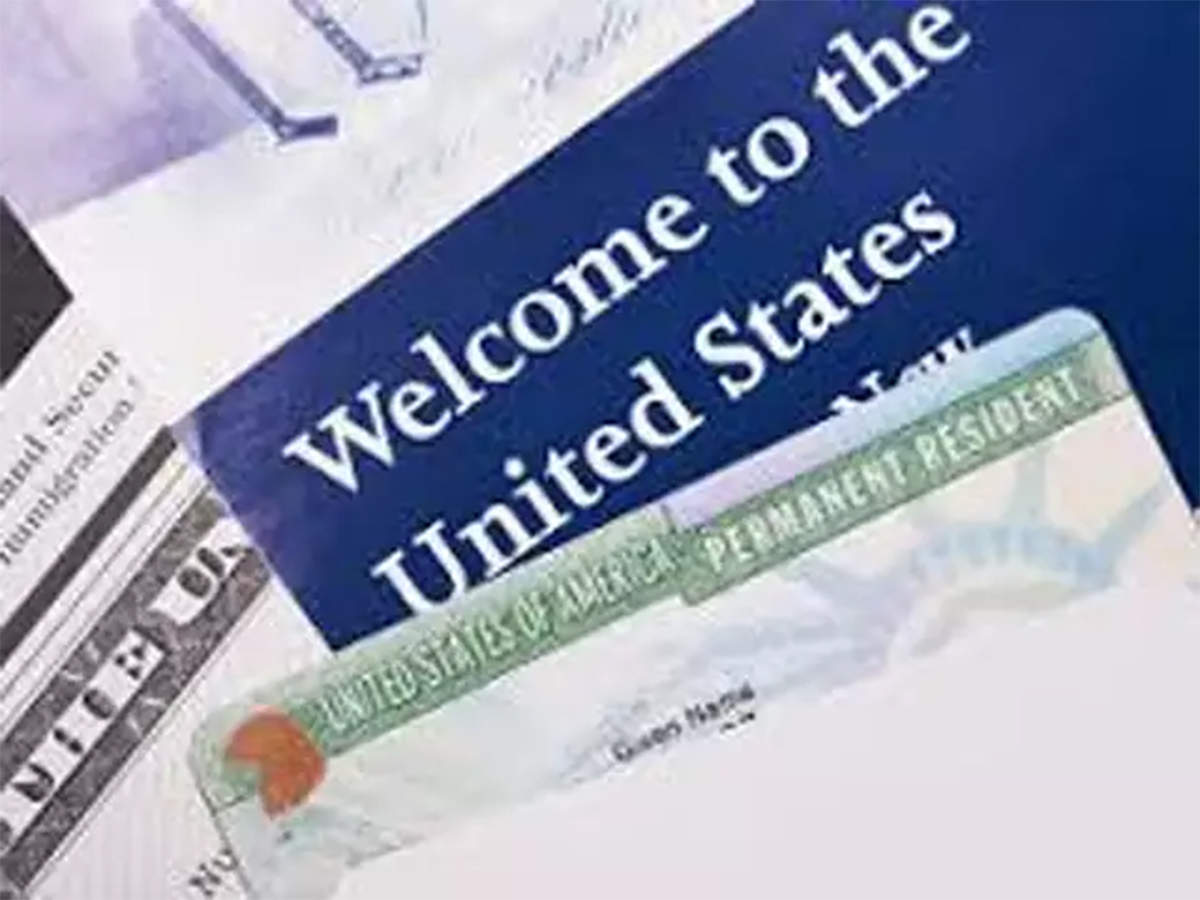One of the most common thread of IMG topics is… H1b or J1 visa? I can be a very personal question, whatever your decision is, I hope that you make an informed one with thorough consideration.

Crash Course for Newbies
- J1 7 years, H1b 6 years maximum
- J1 requires you to return to home country and serve for 2 years
OR
get a waiver and practice in medically under-served area (MUA)/health professional shortage area (HPSA) for 3 years and do whatever you want with your remaining life
- The process of citizenship goes this direction: J1 ➨ H1b ➨ Green Card ➨ dadada
- So getting a H1b during your residency, you are ahead of the queue, and closer to holding this close to your heart

- PLUS, the numbers of fellowship sponsoring H1b is LESS than residency, and over the years, hospitals sponsoring H1b are becoming near-extinct species so you better seize it now
- H1b allows moonlighting AKA extra income.
- If you have a family to raise and thinking that H1b allows you to bring more bread home, keep in mind that your spouse is not allowed to work if you hold a H1b, whereas J1 your spouse can get EAD and work
- Now you are thinking OKAY get H1b, but wait
The Cons: Your choices are limited if you have chosen H1b.
Some fellowships are 4 years, with additional research year/(s). If you want to do Endocrinology at Harvard, it is a 4-year program, and with the limit of H1b (max 6 years) you will be screened out from the applicant pool.
Besides, some fellowships might not support your H1b status.
Case studies
I have my Hollywood dream and I wanted to go Kaiser LA but reality crashed my dream right away
With competitive fellowships like Cardiology, your chances of matching might be jeopardized.You can look up the figure on FREIDA by comparing the number of fellowship programs sponsoring both J1 & H1b vs H1b only. The number drops from 246 to 70 (🔻 71.5%) if you choose H1b. This is prior to taking into account how competitive this specialty is for US IMG (matched 11.1%) and for non US IMG (24.9%)
The number of fellowship programs drop from 150 to 85 (🔻 43%) for Nephro but the unfilled position of Nephro is rising over the years, so it is a calculated risk and potentially manageable one even if you choose H1b.
What if you are aiming for Pulm/Crit or Hemo/Onc? Fellowships popularity goes up and down, we see a spike in Hemo/Onc last few years, and recently, Pulm/Crit. So you might want to weigh the risk & benefits.
The number of position offered has steadily increased over the years, BUT the extra seats are well-filled and the number of unfilled positions is only 2 in 2020 Match.
And what if you don’t match? You cannot work as attending out there with J1, whereas H1b even if you don't match, you can work as an attending and you can always re-apply for Match next year.
Long story short:
☺If you want to be a US citizen 👉 H1b
☺If you want to be cardiologist/gastroenterologist 👉J1
☺If you are aiming for less competitive ones, like Nephrology or Endocrinology, try H1b.
☺If you don’t know which field you are going into, think if
1. Are you afraid of being jobless? Yes 👉 H1b (so that you can work as an attending if you don't match)
2. Is going back to home country a personally difficult situation for you? Yes 👉 H1b
3. Otherwise, J1 is still a good choice, and many residents I chatted with during the interviews are in the process of waiving the compulsory 2- year home requirement.
For me I chose H1b, I don’t know if I want to stay forever and my answer changes all the time. So I did not depend on the the vicissitude of my feelings to make this decision.
One thing that will never change is that FREEDOM is the value I prized most in life. If I were to leave US someday, I will do it because I want to, not because I am forced to.
Freedom in one’s twenties is like food tasting in supermarket. It is free, tasty, but one-time only. In the next 3 years, I can be flexible and practice anywhere, be it Boston or Arizona but in the next 7 years when my age hits thirties, FREEDOM to choose where to practice medicine is goddam expensive. Which school you want your kids to attend, where your spouse booming career can co-exist with yours will come into the picture. I don't want to be the tight position where my choice is tangled with my loved one's future, I rather nip it in the bud now.
Alright hope these help!
Hi Jia Wei, great post! I run www.Ed4MedUs.com a site for working with medical students and graduates in helping them get to US residency. I run an active facebook page and group facebook.com/ed4medus/ and facebook.com/groups/ed4medus/ and was hoping I could interview you and share with my audience about your journey to US residency. Let me know if you would be interested - you could send me an email at varun@ed4medus.com. Thanks, Varun Agrawal (Dr Ed)
ReplyDeleteReading your content was fascinating. Reading what you have to say is always fascinating. Thank you for taking the time to do so. It has been helpful to me, and I hope it will be helpful to other readers as well. spouse work visa
ReplyDelete